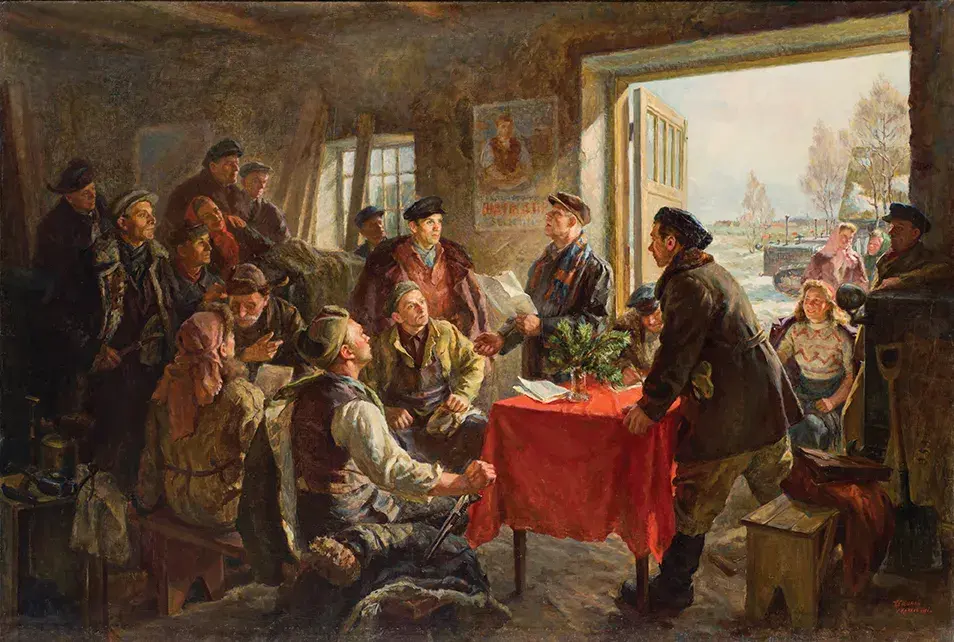Political Ideologies: Liberalism
- Správne Právne
- Sep 27, 2023
- 3 min read
Liberalism
Is arguably the prevalent political philosophy of the current day, with ⅔ of the world’s countries being categorised as ‘liberal democracies’.
The origin of liberalism
The religious roots of liberalism
Date to the age of reformation and Protestantism, with religion becoming a more individualistic practice being spread via book press, a vital part of the enlightenment.
The enlightenment was an intellectual movement which emerged in the mid-seventeenth century (the time of the English Civil War). Ideas of enlightenment influenced multiple historic events, such as the American (1776) and French (1789) Revolutions.
John Locke
Key founder of liberalism with his Two Treatises of Government (1690).

Government by Consent
Locke rejected the idea that the state was a part of God’s creation (i.e. the divine right of kings).
The point of the state is to serve mankind with the consent of mankind, meaning that the people who are governed by the state must consent to its existence.
The State of Nature
Originally the idea of T. Hobbes.
The idea of society before the existence of the State. Hobbs rejected the State of Nature, he saw it as “nasty, brutish and short”, therefore society couldn’t exist without a state.
Locke believed that the State of Nature was underpinned by natural laws, liberties and rights.
The State of Law is the opposite of the State of Nature (i.e. some form of government). For Locke, it was only acceptable if it respected natural rights and laws.
The Social Contract
The relationship between the state and its citizens.
The citizens voluntarily accept the state’s rulings (and therefore its existence) in return for the state improving the situation in the country.
Human Nature in Liberalism
Before the Enlightenment, the mediaeval notion of human nature was strongly connected to the original sin, i.e. mankind was seen as deeply flawed and imperfect (the Christian understanding).
Locke denies this notion. The liberal view is that humans have a capacity to bring progress and prosperity. It asserts that humans are inherently rational and can therefore solve problems, debate, discuss and shape their own destiny.
Egotistical Individualism
For liberals, individuals are naturally self-seeking and self-serving. This means they are naturally drawn to advance their own interests. However, since the individual is also reasonable, he is sensitive to the perspectives of his peers as well as his own.
Liberal Society
According to Locke, a society without the state may exist as the individual is rational and capable of bringing value. Society has a number of underlying natural laws and rights. Natural rights are for example: right to life, property, happiness etc.
Mill argued that the purpose of society is to facilitate and promote individualism, as well as promote freedom and liberty.
Hobbes believed that society without a state would be brutish and short-lived.
The Liberal Economy
Liberals believed that owning property is one of the natural rights. Liberal economic policies put private property at the centre of their reasoning. As a result, liberals generally support capitalism.
This sets apart liberalism from socialism.
A. Smith : If the free market exists with no obstacles, the ‘invisible hand of market’ will ‘guide traders to succeed’. Wealth is said to trickle down through society from the rich to the poor.
* Please note that at no point in this blog am I providing legal advice or claiming to be a professional. These blogs are for entertainment and educational purposes only.*





Comments